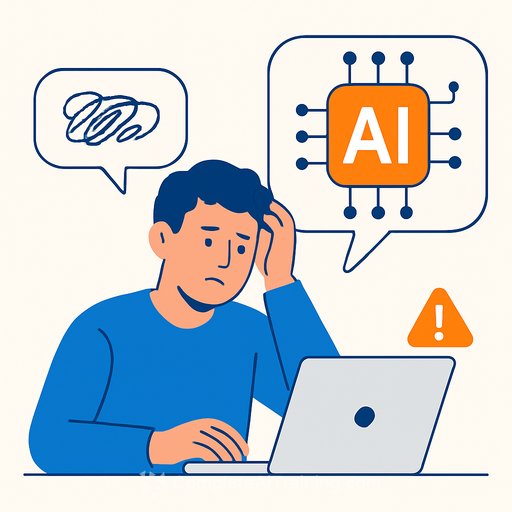Leigh Bardugo and Brandon Sanderson on fantasy heists, discomfort, and the work that makes you stronger
Two heavyweights of fantasy sat on a school stage in Salt Lake City and gave writers what they actually need: clarity on craft and a push to do the hard work. Leigh Bardugo, celebrating 10 years of "Six of Crows," fielded audience questions with Brandon Sanderson. The conversation moved from heists to trends to what AI gives-and what it quietly takes away. It was fast, practical, and full of lines you can put to work.
A new Grishaverse mystery lands next year
Bardugo opened with news: "A Darker Shore: Letters from Ketterdam" arrives next year. Set after "Crooked Kingdom," it unfolds through letters and found documents-sheet music, wanted posters, the kind of ephemera that pulls readers into the streets of Ketterdam. It's an invitation back to the crew's city, told in a form built for tension and reveals.
The useful discomfort: why skipping the grind weakens your craft
Sanderson asked about Bardugo's stance from a recent talk: the value of discomfort in writing. Bardugo didn't hedge. "Writing with AI is like going to the gym and having a forklift lift the weights - the weights got lifted, you're not any stronger."
She pushed further: "The discomfort of writing is how you learn. It's how you get better." Then the gut punch most writers feel but rarely say out loud: "We talk about AI theft in terms of copyright theft and intellectual property theft, all real. What we don't talk about is the theft of pleasure from writing, from creating art, and AI is stealing that from us too."
How ideas start: friction and subtraction
Bardugo: "I became a fantasy writer because I was always waiting for magic… Fantasy readers see possibility where other people don't." She talks to herself while writing, sets micro-goals for the next session, and lets her subconscious work between sessions.
Sanderson's spark often starts with productive disagreement: "I read or watch something and think, 'Oh, they did it wrong.'" Mistborn began with a counterfactual: what if Frodo reached the summit and lost? That edge-"where can I add something, where can I do something new?"-can fuel an entire series.
Throughput over attachment: advice for first-time authors
Both authors gave the same core advice: always be working on the next thing. Your first book isn't your only shot. Many writers don't sell the first one-and that's fine. Volume and learning beats perfection and waiting.
Use tight loops. If you only have 30 minutes, identify one concrete problem to solve next time. Your subconscious will queue solutions while you live your life. Show up, resolve the next constraint, repeat.
Why fantasy heist works-and how to write one that holds
Sanderson called fantasy heist the "best genre." Bardugo explained why: the turn. The big reveal only lands if the con fools both the mark and the reader. The setup must be airtight.
Keep magic on a leash. Each character brings specific skills; magic amplifies, it doesn't erase constraints. Bardugo likes to build to "where you can almost do it without magic," then bring in the supernatural-precisely, like necromancy-at the exact hinge. Readers will forgive bold moves; they won't forgive sloppy logic. Books face closer scrutiny than film or TV because readers can pause and pick apart the plan.
Event notes worth keeping
Bardugo and Sanderson's rapport goes back to the original "Six of Crows" tour a decade ago. Bardugo called watching Sanderson with fans "a master class on how to be a good literary citizen." The respect was mutual, and the conversation kept circling back to craft over hype.
Practical checklist for your next writing week
- Set a "next session" objective at the end of each day: one scene problem, one character beat, or one plot knot to untangle.
- Use your subconscious: outline lightly, step away, return with answers. Don't force it; prompt it.
- For heists, write the con straight once. Then rewrite to misdirect the reader fairly using character POV, scene framing, and timing.
- Limit magic to defined triggers and costs. If a non-magical plan almost works, your reveal will hit harder.
- Ship throughput: draft the next project while the current one queries or cools. Momentum protects you from outcome-attachment.
- If you use AI, reserve it for admin and research. Keep the sentences and structure in your hands so the work still makes you stronger.
Explore the authors
Leigh Bardugo - official site
Brandon Sanderson - official site
For writers who want to offload admin (not the art)
If you're looking to automate scheduling, notes, and office workflows-so you can keep the hard parts of writing hard-browse these resources: AI office tools.
Bottom line: keep the strain that builds skill, cut the shortcuts that dull it, and write the kind of heist where the reveal surprises you first.
Your membership also unlocks:






